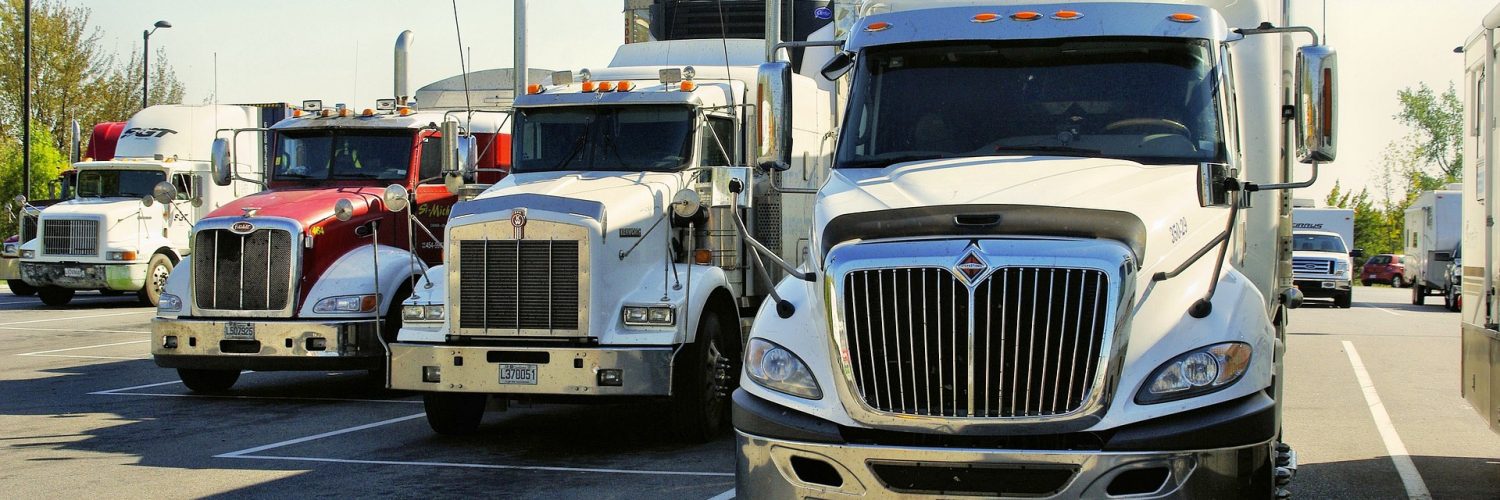In Arizona, the trucking industry that provides the vast majority of food, clothing and equipment for citizens is faced with aging roadway systems, severe labor shortages and changing technology in the coming year.
It’s an industry under stress here and across the nation, said Tony Bradley, president and CEO of the Arizona Trucking Association that represents 110,000 workers. A healthy economy is placing more burden on the industry with a high demand for goods.
Here’s a look at some of the challenges ahead in 2019.
At the top of the list are deteriorating and inadequate road and highway systems that are causing delays, setbacks and vehicle damage, Bradley said.
“Our infrastructure was built in the 1950s. That’s coming to its end cycle,” Bradley said about Arizona’s roadway system. “There is a large need for transportation funding in our state, but our main source of revenue, which is the fuel tax has not been increased since 1991.”
As roadways fall into disrepair, federal, state and local communities have failed to act, Bradley said.
Arizona’s 18-cents-a-gallon fuel tax, the main revenue source for roads, has not been increased since 1991. Meanwhile, a report from the Auditor General reports that at least $260 million a year is needed over the next decade just to maintain current roads and bridges.
At the federal level is a similar story. The federal excise tax on gasoline has not been raised since 1993. It remains at 18.4 cents per gallon and 24.4 cents per gallon for diesel fuel. Earlier this year, President Donald Trump proposed raising the gas tax to improve roads, highways and bridges. But the proposal went nowhere. Trump is expected to present another $1-trillion federal infrastructure spending plan in 2019.
Last week, major stakeholders from the transportation sector appeared before the Senate
Environment and Public Works Committee in Washington D.C. to plead once more for a long range plan for the nation’s transportation network.
Increasing local and federal fuel taxes is the simplest solution according to advocate business organizations like the Arizona and American trucking associations and the United States Chamber of Commerce.
“A modest increase in the motor vehicle fuel user fee is the simplest, fairest, and most effective way to raise the money that America needs to fund critical upgrades to our roads, bridges, and transit systems,” Neil Bradley, executive vice president and chief policy officer at the U.S. Chamber of Commerce said.
Continued inaction will cost in the long run. Forty-four percent of America’s major roads are in poor or mediocre condition, costing the average motorist $553 extra per year in repair and operating costs, he said. Congestion has increased the average commute time significantly.
With no action at the federal level, more states are increasing taxes on gas and diesel fuel.
In Arizona, a new vehicle registration fee was added to provide direct funding for the Highway Patrol and free up gas taxes for highway infrastructure, according to the Arizona Department of Transportation (ADOT).
Also, ADOT’s five-year Transportation Facilities Construction Program that starts in 2019 allocates at least $260 million per year for preservation of bridges and highways. It’s proposing increasing that “preservation” funding to $320 million per year during the next six to 10 years as part of its long-range transportation plan.
What’s missing is funding for new roads and highways, said Rep. Noel Campbell, chair of the House Transportation and Infrastructure Committee. Attempts last session by Campbell and others to increase the state fuel tax failed.
With inflation eating up more than half of every dollar generated since the last gas tax in 1991, there isn’t even enough money to match federal dollars if Congress does approve a transportation bill, said Campbell, who plans to try again in January.
“It’s a very hard sell. It will bring howls of protest,” he said. “But we’re at a point where we have to do something. As chairman, I’m duty bound not to let the state crumble.”
The state trucking association is hopeful that new leadership including Rep. Rusty Bowers, Speaker of the House, and Sen. Karen Fann, Senate President, will revisit the issue.
Meanwhile, other top challenges facing the trucking industry in 2019 include:
-Labor shortages Currently, there is a shortage of 50,000 drivers nationally. That could go as high as 175,000 by 2026, according to the American Trucking Association. It already is causing delayed deliveries and higher prices for goods.
To tackle the issue, trucking companies are raising wages, recruiting more minority and women drivers, and providing more training and certification programs.
-Disruptions from technology In Arizona, 84.7 percent of communities rely exclusively on trucks to move goods. As technology including automated trucks, electrification, and digitalization advances, trucking businesses will struggle to adapt as logistics are disrupted in the fragmented industry.
To help ease the way, ADOT and the Arizona Department of Public Safety this month awarded permission for a pilot program called TruckPay in Arizona. The mobile platform eliminates all paper transactions throughout the aggregates logistics industry like paper haul-sheets, bills of lading and tickets.
Aggregate businesses using TruckPay technology will see dramatic operational efficiencies that will directly impact bottom line performance, said Barry Honig, president and CEO of TruckPay, Inc.
-Laws restricting trailer length and weight Those laws have not changed in more than 35 years and are hampering sustained growth, according to the American Trucking Association (ATA).
-Tariffs Retaliatory tariffs from American trading partners are increasing costs to truck and trailer makers who are building in surcharges to offset tariffs on imported aluminum and steel, ATA reports.
Stay tuned.
















Add comment